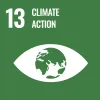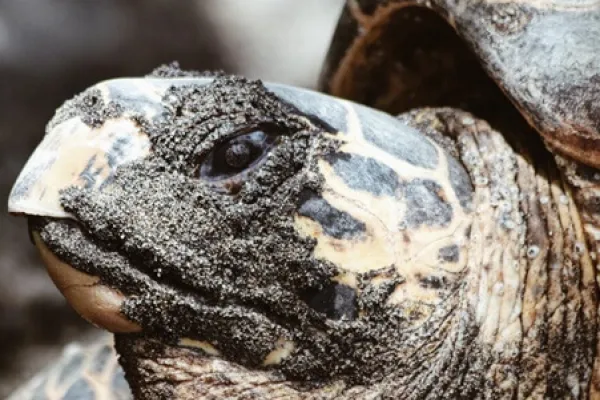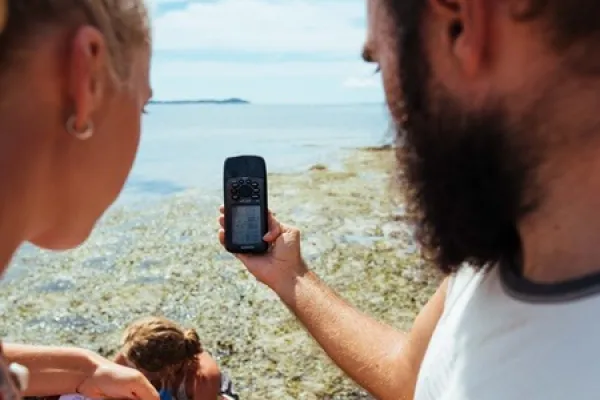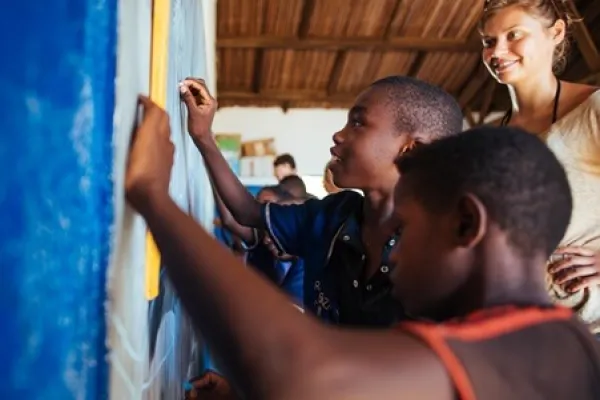Airport Transfer
Volunteers should arrive on Nosy Be Fascene Airport for pick-up on Sunday before their start date. They will be met at the airport or boat port (if arriving overland) and transferred to the volunteer camp on Nosy Komba. The boat ride from Nosy Be to Nosy Komba takes about 45 minutes with the last boat of the day departing around 15:00. If volunteers not arrive in time for the last boat to camp, our staff will assist in getting them to their hotel (we can provide hotel recommendations). The following day they will be met at a pre-determined time and place and transferred to the camp. If there is time before the last boat departs for Nosy Komba, our staff will give them a tour of the town of Hellville where they can purchase snacks, a local SIM card, draw money at an ATM, etc. It is important to note that in addition to time constraints with boat departures and tides, shops and stores all close for siesta between noon and 14:30/15:00 each day.
For your departure: You are responsible to arrange and pay for your own transport back to the airport, however, we are happy to help you book your transport as needed.
Accommodation
We have 2 accommodation facilities in Madagascar. The first one, Turtle Cove, is built into the steep slopes of Nosy Komba, which is a multi-level compound overlooking the spectacular coral reef below. Climb stone stairs up from an idyllic beach to the main house situated above the dive deck and take in the stunning view of the ocean extending far across all the way to Lokobe Forest Reserve on Nosy Be. The main house accommodates senior staff members and serves as a meeting place and hangout for volunteers during the day. Large decks line the front of the main house complete with hammocks, bean bags, and benches.
Volunteers can expect to share a hut with four to six other volunteers and will need to bring their own bedding and towels. The huts have several bathroom facilities equipped with running water, flush toilets and cold water showers. There is also a work area for volunteers as well as lockable storage boxes available for each hut to store small valuables. Volunteers should also bring a padlock to secure personal items in their luggage when not in use.
The second camp is located on mainland Madagascar in the small remote village of Ampohana. Volunteers are accommodated in communal A-Frame bungalow fitted with double bunk beds. Our camps are eco-friendly with solar-powered lighting throughout. There are no charging facilities for electronic devices; volunteers are encouraged to bring a solar panel and battery pack to keep their devices charged. Charging ports are available in the neighboring village of Ampang, about a half-hour hike from camp.
We do have an onsite generator for staff use located at our main camp, though volunteers are welcome to charge small devices (no laptops) from this if there is space. Bear in mind that in an effort to go green, the use of the generator is minimal, sometimes only once per week or less.
It'll be great fun to live this life away from the network, where you'll get ample time to bond with your fellow mates, share your stories and plan out how to make a difference.
Meals
Three meals per day are provided seven days per week. Each meal is prepared by our on-site cooks using traditional Malagasy cooking methods using fresh, locally grown, seasonally available produce. Most meals have a rice base with beans and vegetables on the side (or over rice).
Fruits and vegetables served will change depending on the season and availability of local produce. Some meals will include fish/seafood, beef (zebu), or chicken. Meat, when part of a meal, is typically prepared with a sauce, cut into small pieces, and served over rice. In addition to bananas, breakfast usually consists of either baguettes and jam, eggs or crepes.
There is a vegetarian option for all meals. Due to logistics and the limitations of our remote location, we cannot provide a vegan option. Vegans can help themselves to the vegetable-based foods prepared, but will also need to supplement their diet with foods purchased off camp. If you have special dietary requirements, please let us know. We will do or best to provide accordingly, however you should not expect to eat as you normally do at home.
Know that you are volunteering in a remote region of a developing country and flexibility is necessary.
During your Free Time
A few popular weekend activities/places to visit are listed below.
- Lokobe Forest Reserve
- Discovery SCUBA Dive
- SCUBA Dive Training
- Explore different areas of Nosy Komba with a local guide and learn about medicinal plants, the endemic wildlife and more
- Tanikely Natural Reserve
- Visit Nosy Iranja or Nosy Sakatia (swimming and snorkeling)
- Whale Shark Watching (seasonal)
- Visit the Sacred Tree or Sacred Waterfall on Nosy Be
- Hike up Mount Passot on Nosy Be
- Visit Lemur Land park on Nosy Be, or the Lemur Park on Ampang Village on Nosy Komba
- Ankarana National Park
- Amber Mountain National Park
- Visit plantations on the mainland in the city of Ambanja
- Visit the city of Diego Suarez including the Emerald Sea, the Three Bays, Tsingy Rouge rock formation and more







































